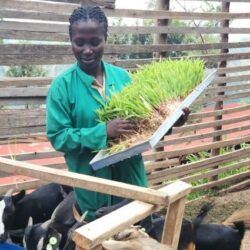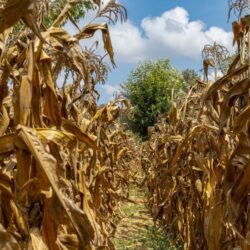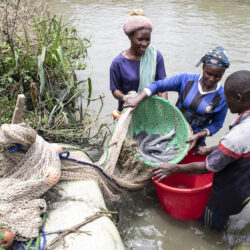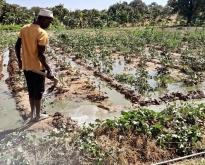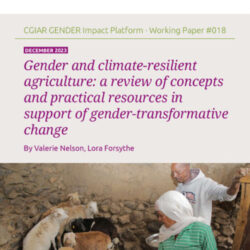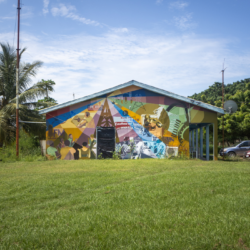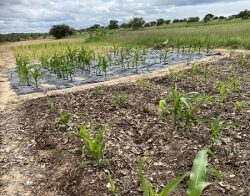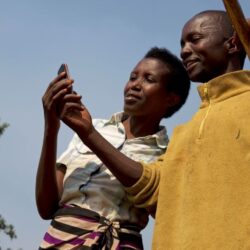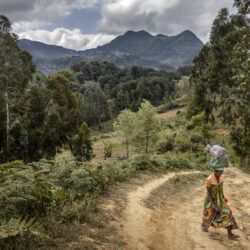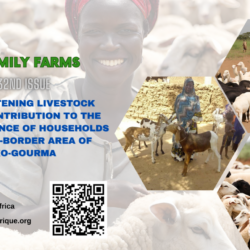Farmer-Led Climate Adaptation in Africa: Top Practices
During the Food, Agriculture, and Water Day at COP29, the Eastern Africa Farmers Federation (EAFF) and the Accelerating Impacts of CGIAR Climate Research for Africa (AICCRA), with the support of the Pan African Climate Justice Alliance and the Pan African Farmers Organization (PAFO), released a report presenting ten case studies on climate-smart agriculture (CSA) initiatives led by farmers across Africa. The case studies featured in the report were selected from various regions across Africa, representing nine different countries (with two studies selected

